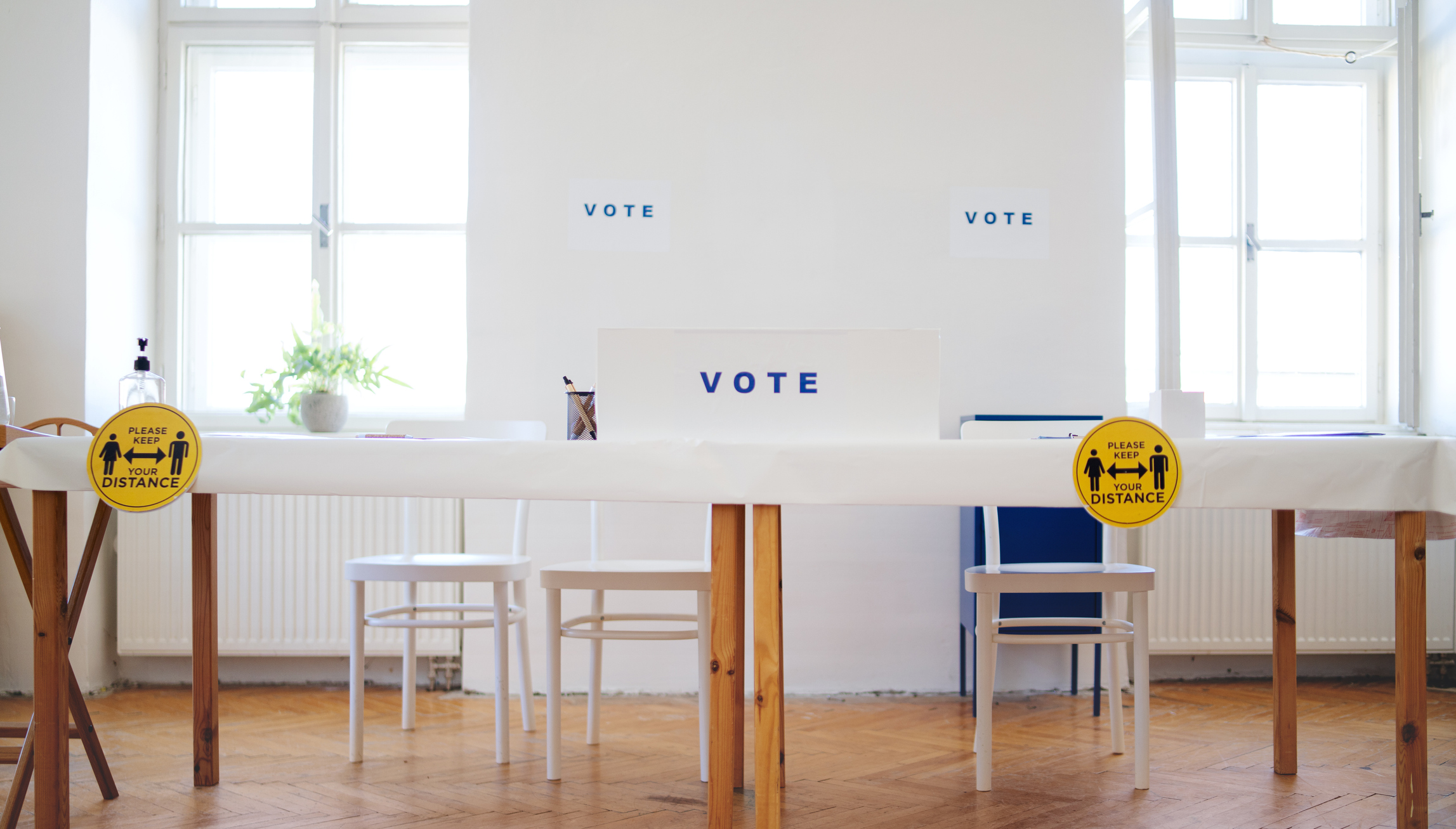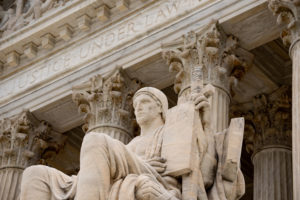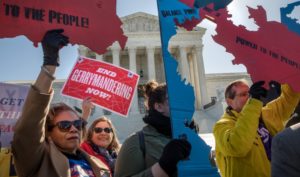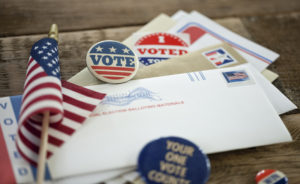
Legislative backlash against election officials poses serious implications for democracy.
Election officials play an essential role in American elections—not only by facilitating the casting of ballots, but also through their use of regulatory discretion.
In response to the COVID-19 pandemic, election officials across the country used their discretion constructively to protect voters from unprecedented threats. Their faithful and brave service to American democracy’s most fundamental act should be applauded. Instead, in many states, the reaction has resulted in legislative backlash—a warning shot to the future of democracy.
In many ways, the role of an election official is regulatory. As the primary officials implementing election laws passed by legislatures, their responsibilities extend beyond setting up rooms and counting ballots. Election officials make decisions about a wide range of resource allocation issues, such as polling place siting, information distribution, and recruiting and training poll workers. All 50 states have laws that grant election officials some form of rulemaking authority.
But to protect voting rights and voter access, these statutory grants of authority appropriately constrain election officials in certain ways—for example, by limiting polling place closures or mandating that certain registration opportunities be available. It is equally important, however, that election officials have some discretion to adopt best practices that protect voter access within the scope of the law.
Election officials use this statutory authority to protect voter access in a variety of ways. The Montana Secretary of State, Christi Jacobsen, has used rulemaking authority to issue regulations ensuring polling place accessibility for elderly voters and voters with disabilities. The North Carolina State Board of Elections has used its rulemaking authority to issue poll watcher conduct regulations that ensure watchers cannot impede or harass voters.
Beyond formal rulemaking authority, election officials use their discretion to protect voting access in more informal ways. During the 2020 election cycle, some election officials changed their poll worker recruitment practices to focus on younger people at the lowest risk for COVID-19. Other officials provided pre-paid ballot postage to registered voters in response to the increased reliance on mail voting.
The need for regulatory discretion to protect voter access is best highlighted through disaster response planning. During times of uncertainty, local election officials possess the expertise and knowledge of conditions on the ground to preserve voting access. For 150 years, election officials have moved the democratic process forward in the face of war, terrorist attacks, and hurricanes.
Most recently, the COVID-19 pandemic has strained election administration in unprecedented ways and presented a compelling example of the importance of election official regulatory discretion. Some states successfully passed emergency legislation to protect the election process during COVID-19. Fourteen states passed substantive legislation affecting election administration during COVID-19, including laws to extend mail ballot receipt deadlines, expand early voting hours, and affirmatively distribute mail ballot applications.
Despite these positive measures, emergency legislation is an imperfect form of disaster response. The legislative process is intentionally deliberative and requires substantial time to draft bills, establish quorum, debate, amend, broker deals, and vote. In addition, legislatures often require large numbers of people to work in close quarters, which can be dangerous during a public health emergency.
In many states, election officials have been able to use their regulatory authority either to complement emergency legislation or step in to protect voters where no emergency legislation passed. For example, in 2020, Harris County, Texas, Clerk Chris Hollins tripled the number of early voting locations in his county, sent mail-in ballot applications to voters 65 and older, and instituted drive-through voting to allow at-risk people to vote safely from their cars. These actions came despite intense opposition from statewide officials.
In Georgia, Fulton County Elections Director Rick Barron expanded early voting hours to cut down on long lines. In Florida, 20 counties used their existing authority under Florida election law to offer additional days of early voting, and 19 counties opened additional early voting locations. North Carolina’s State Board of Elections Executive Director Karen Brinson Bell used her emergency authority to expand early voting, mandate health and safety protocols at polling places, and require all counties to seek approval before moving or consolidating polling places.
Rather than hold up these efforts as models of effective and nimble election administration and regulation, many states have embarked on a legislative backlash campaign seeking to restrict election officials’ emergency and regulatory power. Legislators in at least 23 states have introduced at least 37 different bills seeking to curtail election official discretion or punish or restrict election officials for taking certain actions. Many of these bills are directly targeted at actions local election officials took to protect voters in response to the COVID-19 pandemic.
In Texas the legislature recently banned drive-through voting and made it a crime for election officials to distribute mail ballot applications affirmatively. Texas Senate Bill 1 also bars public officials from creating, altering, modifying, waiving, or suspending any election standard, practice, or procedure. This law will make it more difficult for election officials in Texas to protect voters in future disasters.
In Georgia, Senate Bill 202 directly limits some emergency actions that election officials took to provide safe options for voting during COVID-19 by restricting mail ballot drop boxes and banning mobile polling places. The Georgia law also limits election official discretion by standardizing early voting hours.
Although at first glance these restrictions may not seem as oppressive as other elements of the current wave of state voter suppression bills, they could have massive ramifications.
Restricting election administrators’ regulatory authority for retaliatory reasons harms voters by deterring the most knowledgeable and capable officials from making the decisions necessary to ensure full and fair access to the ballot.
At a moment when election officials have demonstrated their critical role in America’s democracy, many state legislatures across the country are embarking on a national campaign to restrict their authority to protect voters. This legislative backlash against election officials is an urgent warning sign to anyone concerned about the resiliency of American democracy.
This essay is part of a seven-part series, entitled Regulating Elections in the United States.





